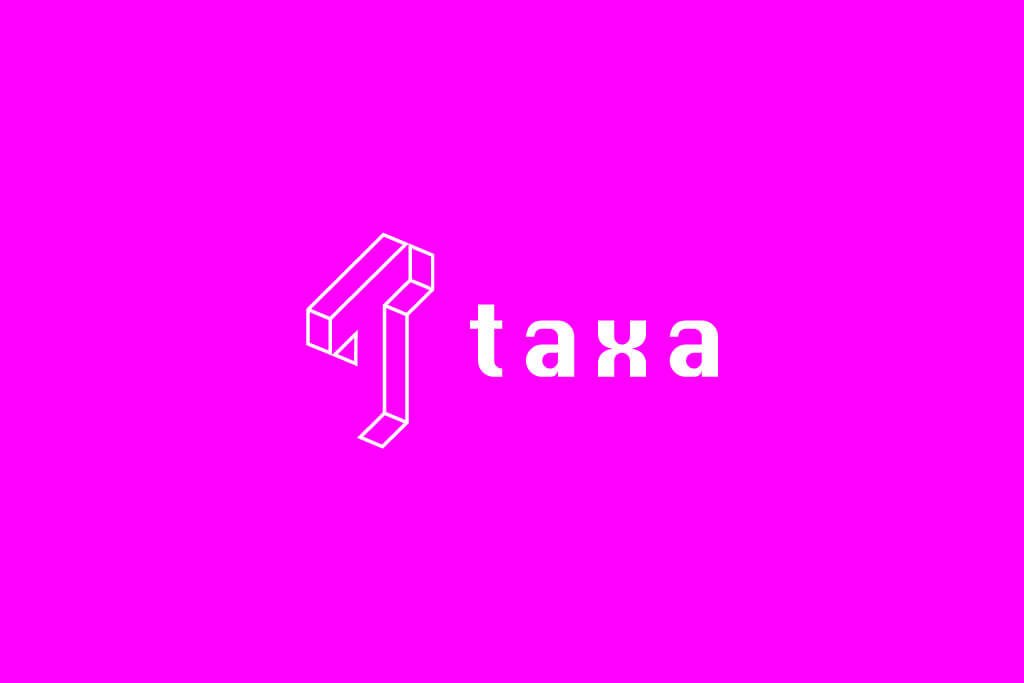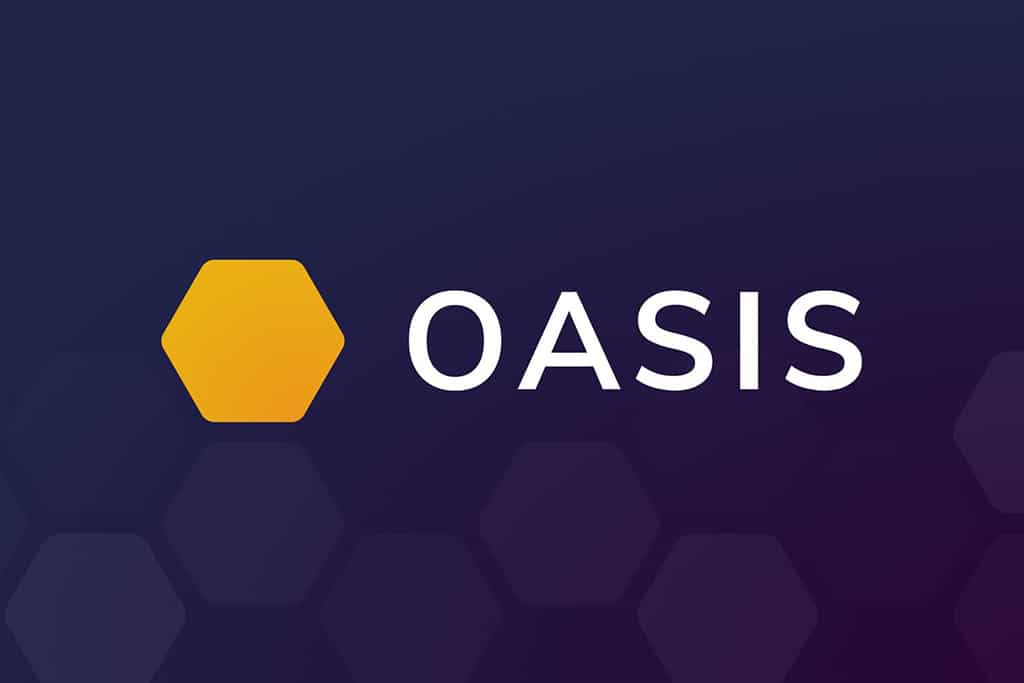
Unfortunately, the majority of current smart contract platforms so far lack the ability to process data-rich, computation-heavy, real-world business logics. This, especially if take into consideration current high-performance, privacy-preserving, rapidly developing environment, becomes a kind of the bottleneck for real-world deployment to develop and thrive.
The good news is that a San Francisco based blockchain startup Taxa is already working on this.
Leveraging state-of-the-art hardware-based trusted computing technology, Taxa’s decentralized computing network enables a whole new type of smart contracts that support data-rich, computation-heavy, privacy-preserving, highly developable logic execution, and unlock whole new use cases in analytics, fintech, advertising, AI, healthcare, etc.
While explaining the core idea behind the project, TF Guo, co-founder of Taxa stated:
“Taxa is building a universal logic layer to process blockchain business logic with privacy, performance and developability for all the public blockchains and DApps. Together with storage layers like IPFS, oracle solutions like Chainlink, inter-chain mediators like Polkadot, Taxa complements the important, difficult yet less tapped middleware of blockchain.”
Anyone who feels like it can contribute their computing power to Taxa, with the only thing needed is hosting a trusted hardware supported by modern general-purpose processors. When it comes ti assurance of the code and data’s integrity and confidentiality, Taxa enables users’ data and code processing in the isolated Trusted Execution Environment (TEE, also known as enclave), the core characteristic of which is that even the node operator cannot access the data inside it. In addition, Taxa has developed a PBFT-derived consensus algorithm to mute faulty nodes and guarantee the availability of the network, while Taxa’s token ecosystem regulates the nodes behaviors via economic incentives and punishments.
Other Taxa’s core features include (but not limited to):
- Performance: Computing capabilities ft. low overhead at an accelerated speed allow all applications to perform complex business logics.
- Privacy: Secure I/O channels transmit sensitive input and output data while concealing DApp’s private details from the public and the nodes.
- Reliability: A fault-tolerant consensus model is married with trusted hardware to guarantee the integrity, confidentiality and availability.
- Developability: General-purpose programming languages for extensive industrial use.
Another advantage Taxa brings to the scene taking cutting edge one step further is its Launch Partner program, which among other things enables launch partners have early access to Taxa.
In this regard Esther Hu, co-founder of Taxa, states:
“Usability, developability, and inclusivity are amongst Taxa’s core values from Day 1. The early engagement with ecosystem members will guide the evolution of Taxa. We’d love to get to know builders of public blockchains, developers of DApps in performance- and privacy-centric industries, and miners, the contributors of computing powers.”
If turn to investor support, Taxa already managed to receive undisclosed amount of early investment led by Amino Capital, the early backer of DFINITY in 2015, which is followed by FBG Capital, Bertelsmann Asia investments (BAI), FreeS Fund, Wei Guo, and many others. The funds will be used to grow the team, and further the Taxa’s development. Project’s advisory board also boasts starry professionals – recently it welcomed Feng Li, who, being a partner at IDG Accel Partners, led the seed investment in Coinbase and Ripple Labs, and later served as a board director of Ripple Labs. Now Feng is founding partner of FreeS Fund.






